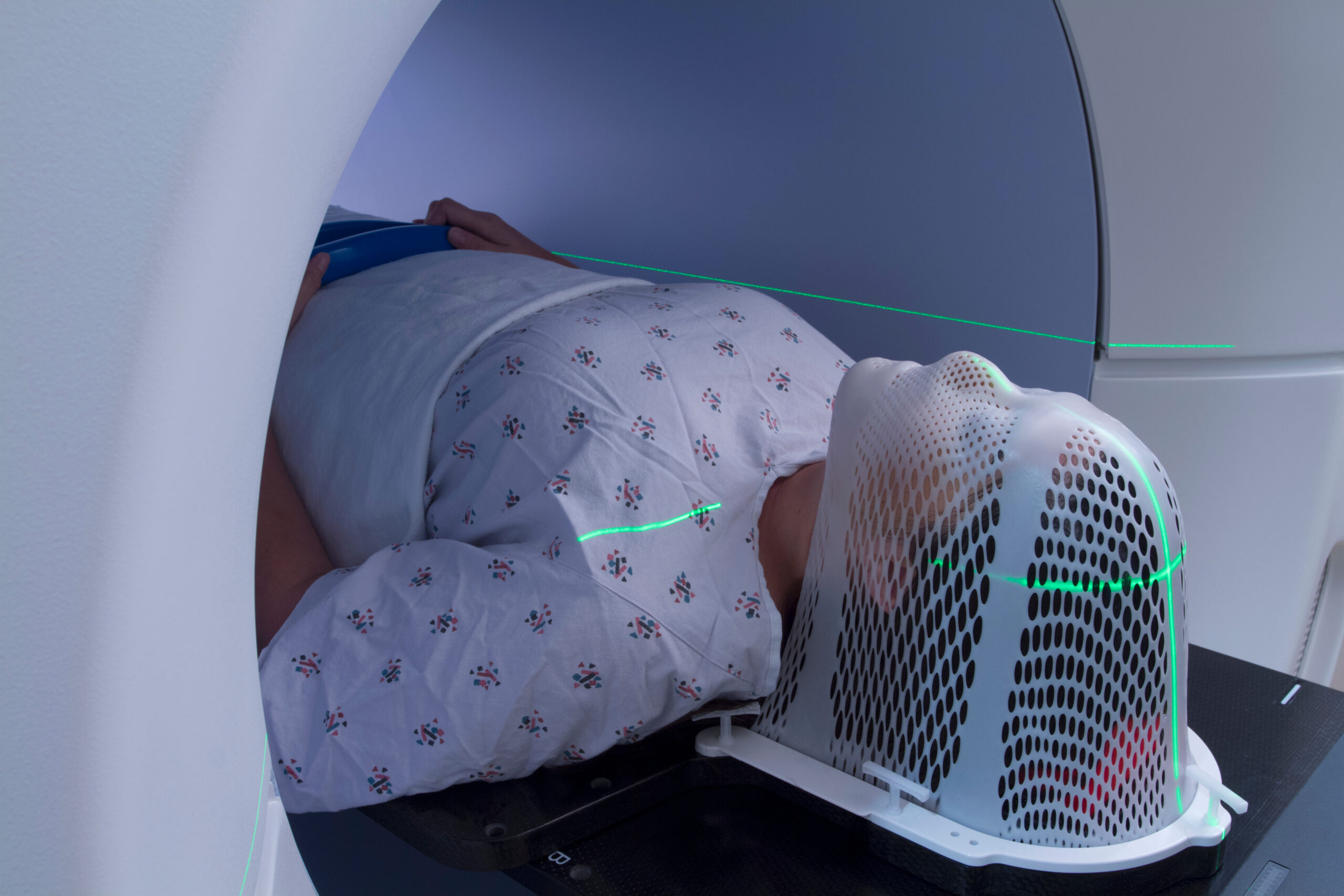A new study reveals that excessive TV watching could elevate dementia risk, urging a rethink of leisure activities.
Story Highlights
- Excessive TV viewing is linked to increased dementia risk.
- Research underscores the importance of mentally stimulating activities.
- Experts recommend alternatives like social and cognitive engagement.
- Guidelines encourage active lifestyles to protect cognitive health.
Cognitive Health: Beyond the Screen
Recent research highlights a troubling link between excessive television watching and an increased risk of dementia in older adults. Studies published in reputable journals such as Frontiers in Aging Neuroscience emphasize that while TV watching is a common pastime, it can contribute to cognitive decline due to its passive nature. This revelation is a wake-up call for many who have long believed that any form of relaxation is beneficial for the brain.
As the global population ages, experts stress the importance of revisiting our leisure choices. While genetics and medical conditions have traditionally been associated with dementia, newer research underscores the role of lifestyle factors. In particular, passive activities like prolonged TV watching fail to engage the brain actively, leading to increased risks. With the rising prevalence of dementia, finding effective prevention strategies has become a public health imperative.
A new sector of ABC has arrived:
"After 15 years working in digital media this woman developed digital dementia: brain fog, memory loss and word searching – when your brain can’t summon the next word in the sentence." pic.twitter.com/nEC6fy0sCq
— 💜OldFashionedAnne (@oldfshndanne) September 7, 2025
Alternative Activities for Cognitive Health
Experts recommend a shift towards more active, mentally stimulating leisure activities to mitigate dementia risk. Engaging in social activities such as clubs or volunteering has been shown to decrease the risk of cognitive decline. Similarly, cognitive stimulation through puzzles, reading, or learning new skills offers protective benefits. These activities not only engage the brain but also foster social connections, which are crucial for cognitive health.
Physical exercise is another effective measure against dementia. Activities like walking, swimming, or group sports encourage not only physical health but mental well-being as well. Creative pursuits such as music, art, and crafts offer an outlet for expression and mental engagement, while lifelong learning through classes and workshops continues to challenge the brain and keep it active.
Watch: STOP Doing THIS! Your Dementia Risk Skyrockets By 80%
Implications and Recommendations
The implications of these findings are significant for individuals and healthcare systems alike. In the short term, increased awareness could lead to shifts in leisure activity patterns, promoting healthier choices that benefit cognitive health. Long-term, these changes have the potential to reduce the incidence of dementia, easing the economic burden on healthcare systems and improving the quality of life for older adults.
Public health organizations, researchers, and healthcare providers play pivotal roles in disseminating these findings and encouraging lifestyle changes. As more evidence emerges, it is vital for policymakers to consider these insights and promote initiatives that support active, engaging lifestyles. Ultimately, the shift towards protective leisure activities could foster a healthier, more vibrant aging population.
Sources:
Frontiers in Aging Neuroscience
PMC Article on Physical Activity
Alzheimer Europe Study
PMC Article on Dementia Risk
Frontiers in Neurology











